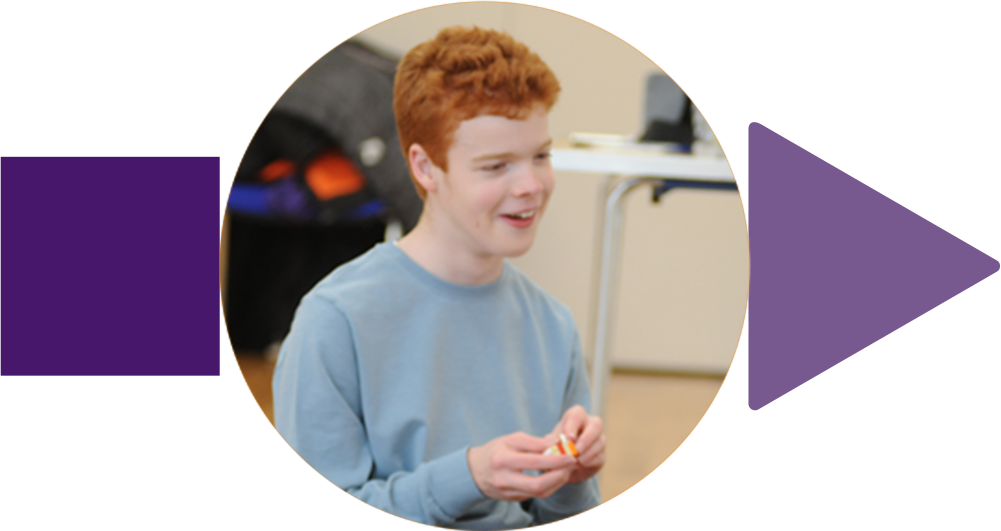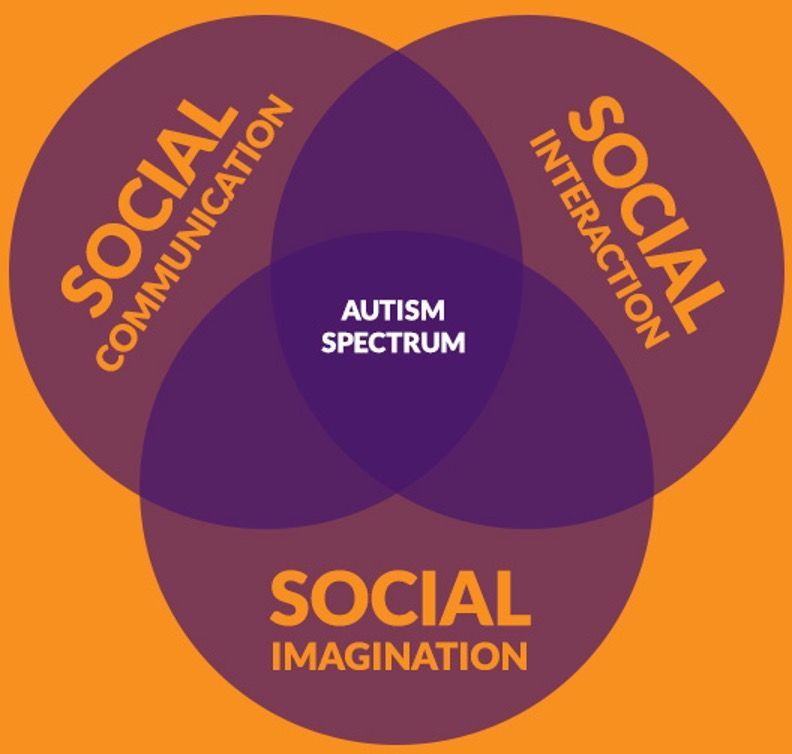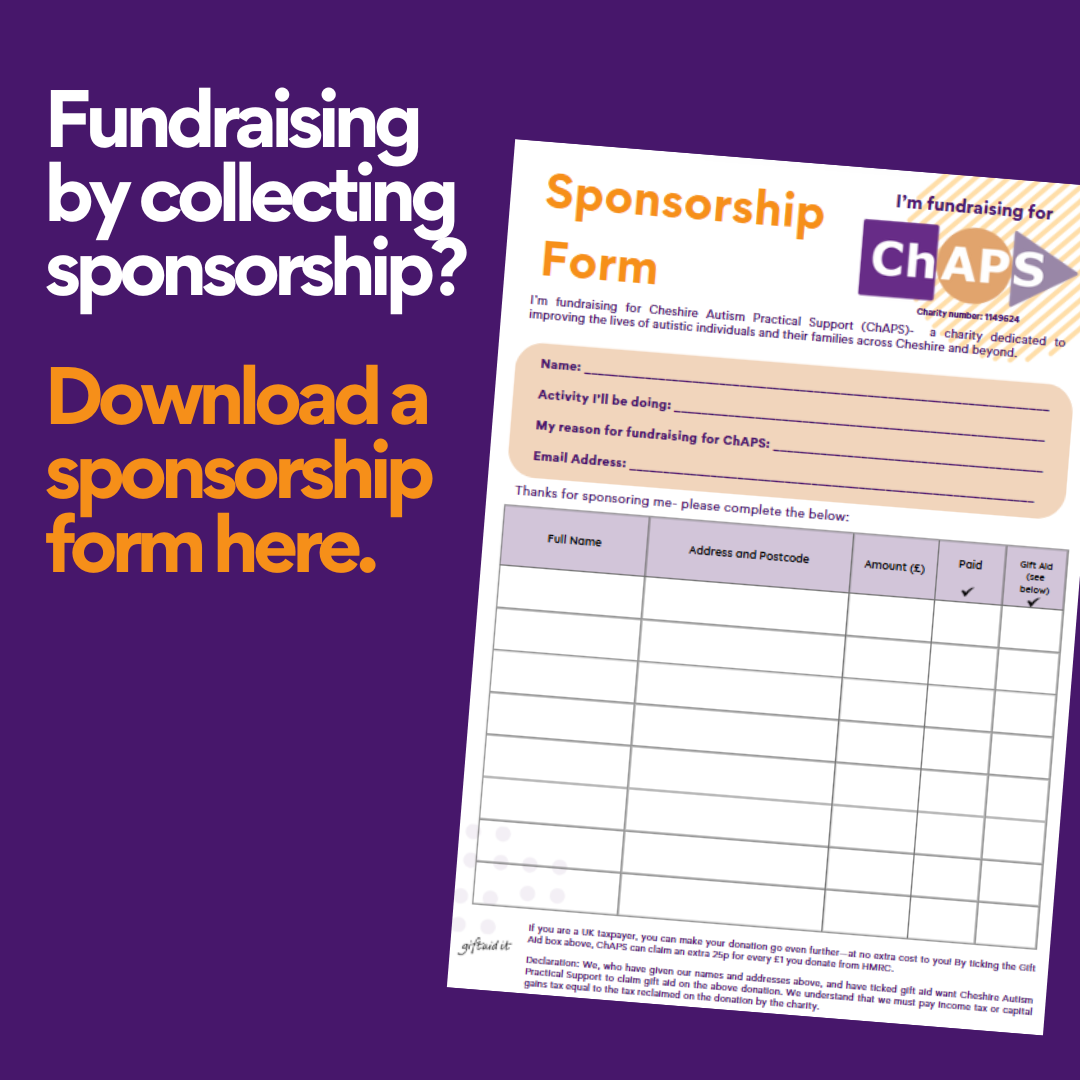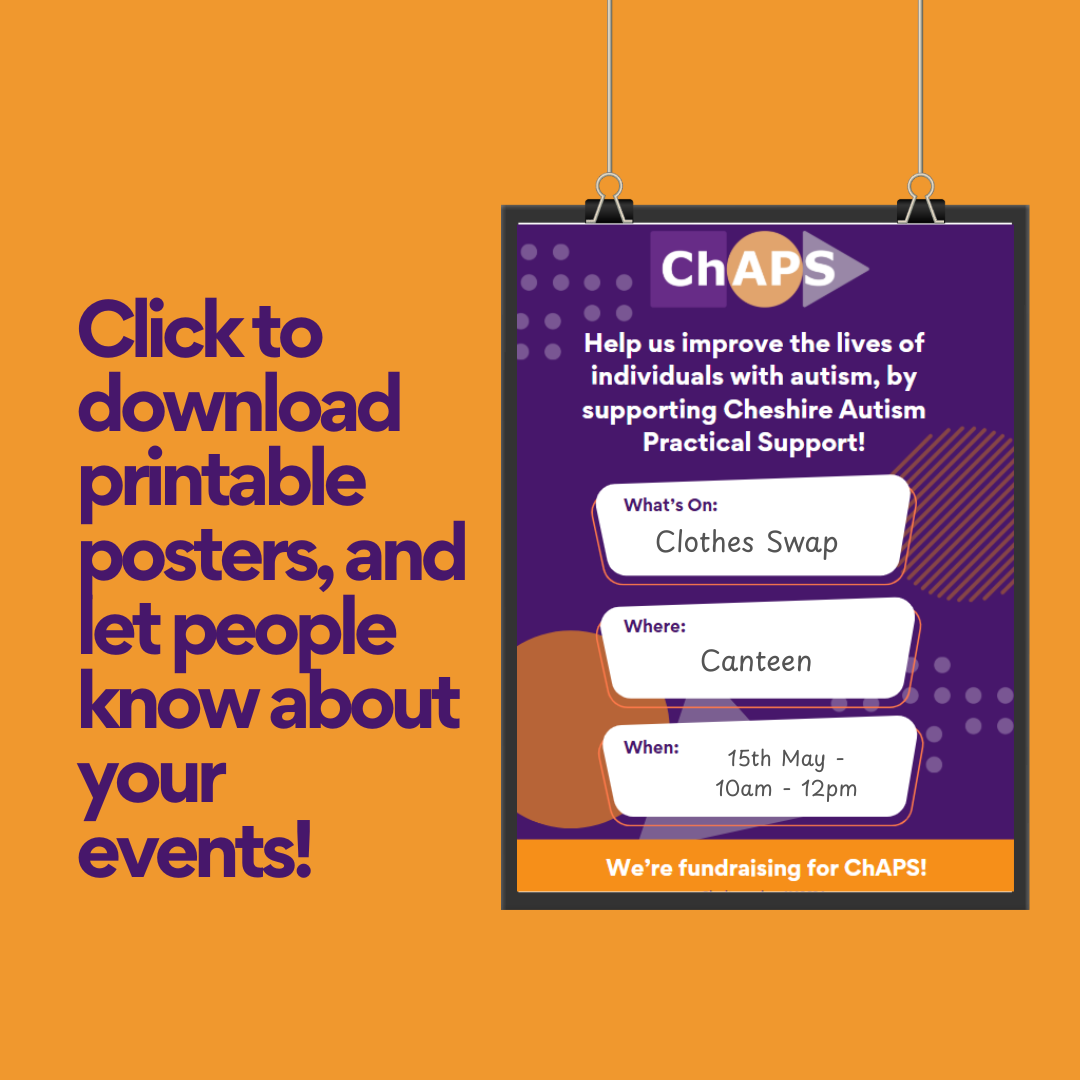WHAT IS THE AUTISM SPECTRUM CONDITION?
In simple terms, Autism Spectrum Condition (ASC) is a lifelong disability that affects how someone sees the world, processes information, and relates to other people

INSPIRING FAMILIES TO ACHIEVE MORE
A PERSON WITH AN AUTISM SPECTRUM CONDITION WILL HAVE SOME OF THE FOLLOWING IN VARIOUS DEGREES
- Difficulties making friends or keeping them.
- Lack of empathy.
- Says the wrong thing.
- May seem very cold hearted – doesn’t realise they have hurt your feelings.
- Needs lots of reassurance.
- Doesn’t like change, likes a routine.
- Doesn’t like team games, struggles to understand rules.
- Indifferent to peer pressure, doesn’t need the latest game.
- Speaks very monotonously.
- Doesn’t like looking you in the eye.
- Has particular topics they are fascinated in.
- Any elaborate routines.
- Not very good at coordination, catching a ball.
- Doesn’t feel pain or has a very low pain threshold.
IF YOUR DEPENDANT HAS MOST OF THESE ATTRIBUTES THEY MAY HAVE AN AUTISM SPECTRUM CONDITION
Classic Autism is generally someone who also has a learning disability.
High Functioning Autism (HFA) or Asperger syndrome (AS) is generally someone with average or above average intelligence.
ASC people may also have specific learning difficulties, dyslexia, dyspraxia, attention deficit hyperactivity disorder (ADHD) or epilepsy.
AREAS OF DIFFICULTY
ALSO KNOWN AS THE TRIAD OF IMPAIRMENTS
Social Communication
People with an ASC have difficulty understanding facial expressions and tone of voice. They don’t know when to start or stop a conversation, and find it difficult to choose a topic to talk about. They are very literal in their speech, and may not understand jokes, metaphors or sarcasm.
Social Interaction
People with an ASC want to be social, but find it very difficult to do so. They struggle to make and keep friendships, can behave inappropriately and may appear aloof and/or become withdrawn.
Social Imagination
People with an ASC have a limited range of imaginative activities, and find it difficult to predict what will happen next, or cause and effect. They may find it hard to understand other people's feelings. They often struggle to play ‘let’s pretend’ games.

AS WELL AS THESE THREE MAIN AREAS OF DIFFICULTY,
PEOPLE WITH ASC MAY ALSO HAVE THE FOLLOWING
AREAS OF DIFFICULTY
THE LITERAL PERCEPTION
Lots of children and adults on the spectrum really struggle with literal perception of language.
It gives them a dry sense of humour and can be very funny in lots of situations, but until they learn about idioms and metaphors they will continue to misunderstand language. Particularly rhetorical questions from teachers, as an example.
As parents we have to think about how we use language – teach our children the funny sayings we use in everyday life, but also explain their meanings!
Take a look...
Mum:
Sat eating tea, ‘Come on fill your boots’.
Child: ‘Why would anyone want to put carrots in their boots?’
Mum: ‘Get in the shower’.
Child: Got in the shower fully clothed without turning the water on and just stood there.
Frustrated parent trying to get children to bed: ‘Oh do what you want!’
Neuro-typical siblings:
Got ready for bed.
Child: Started playing with their toys.
Football coach:
‘OK, I want everyone to pass, pass, pass’.
Child:
Spent the whole game passing to anyone, even when he had an open goal right in front of him!!
Reworded instruction from football coach: ‘If you think you can score a goal do it! If not pass to someone else’.
Mum:
Told child he used to be in her tummy.
Child: Looked horrified and said ‘Why did you EAT me?’
Child: ‘What is that funny smell?’
Mum: ‘Just your Dad’s ribs in the slow cooker, don’t worry you don’t have to eat them’.
Child:
‘My Dads dead?’






